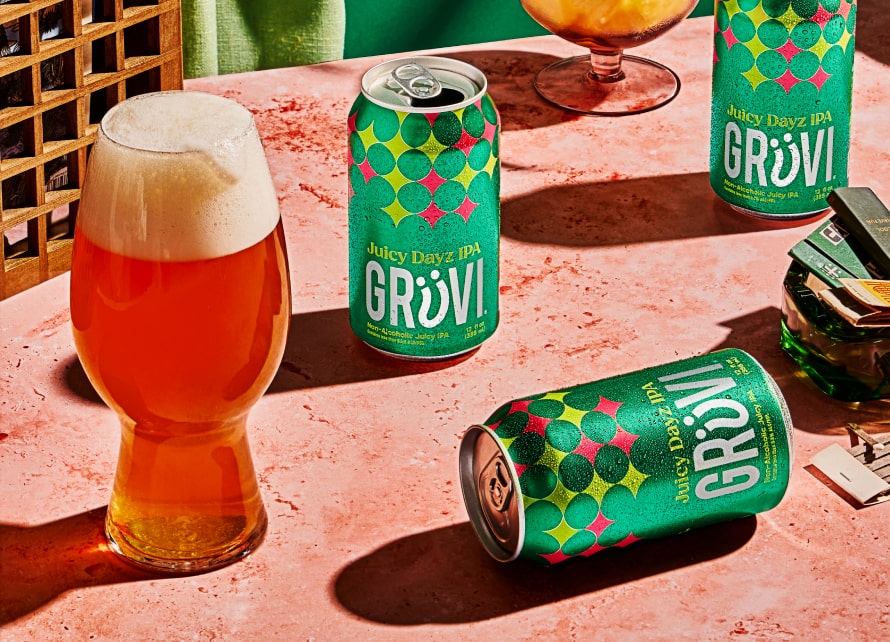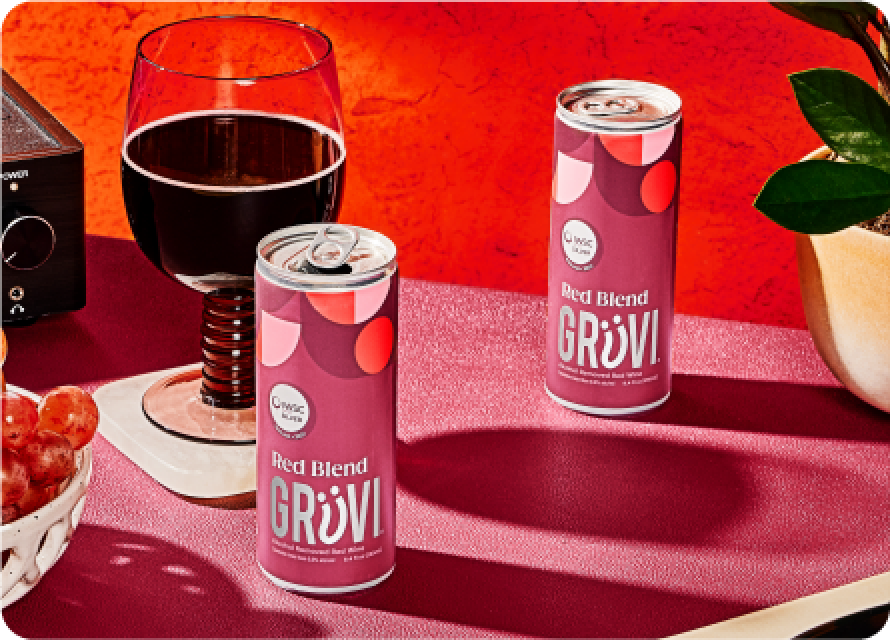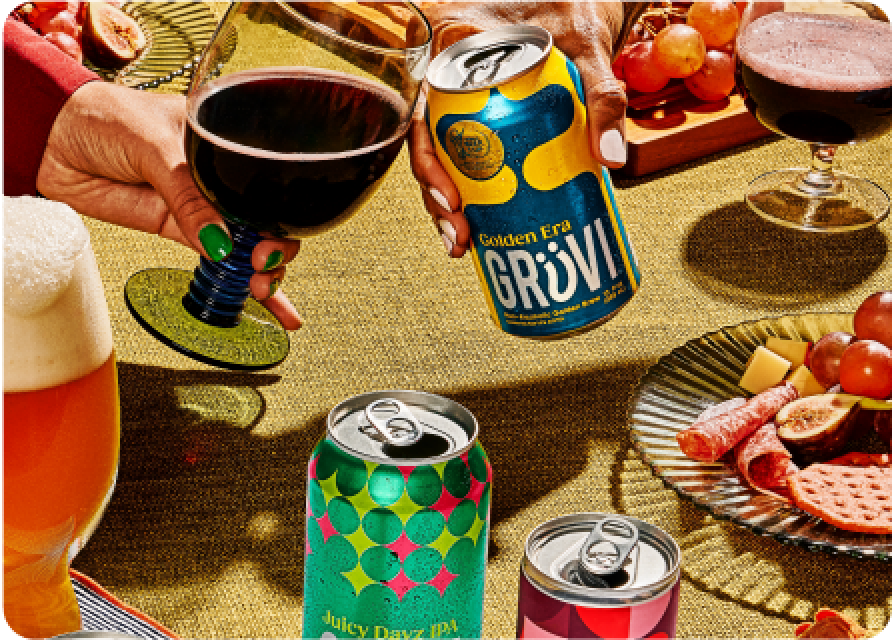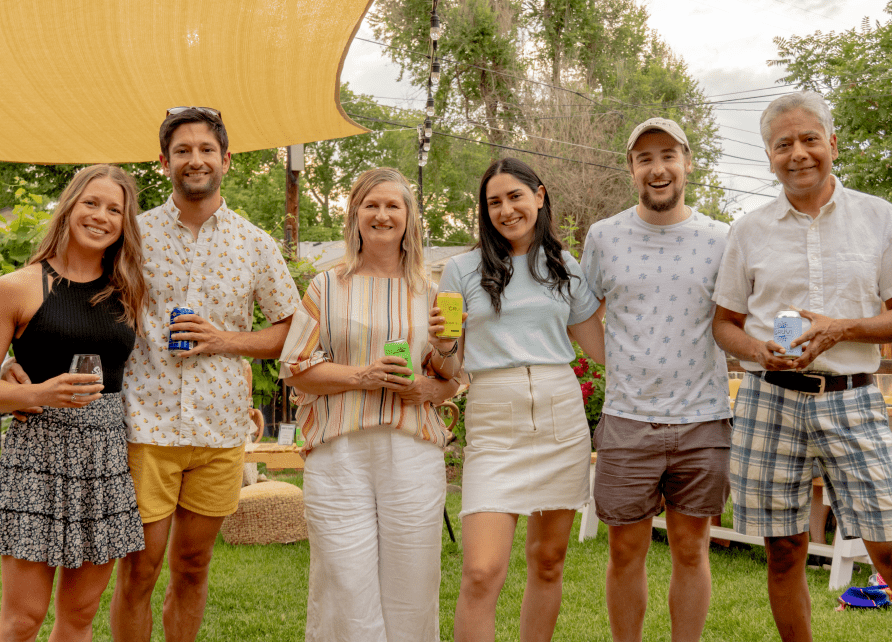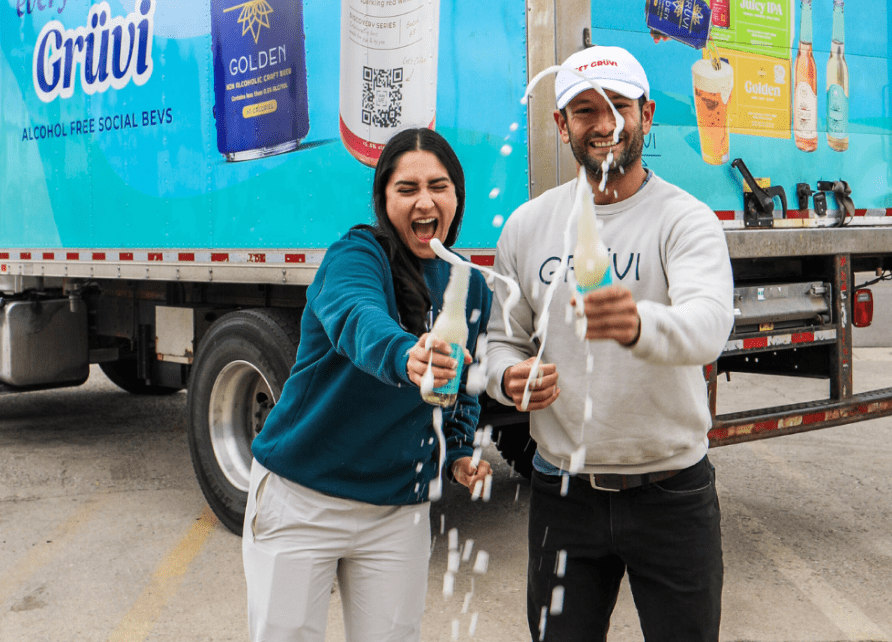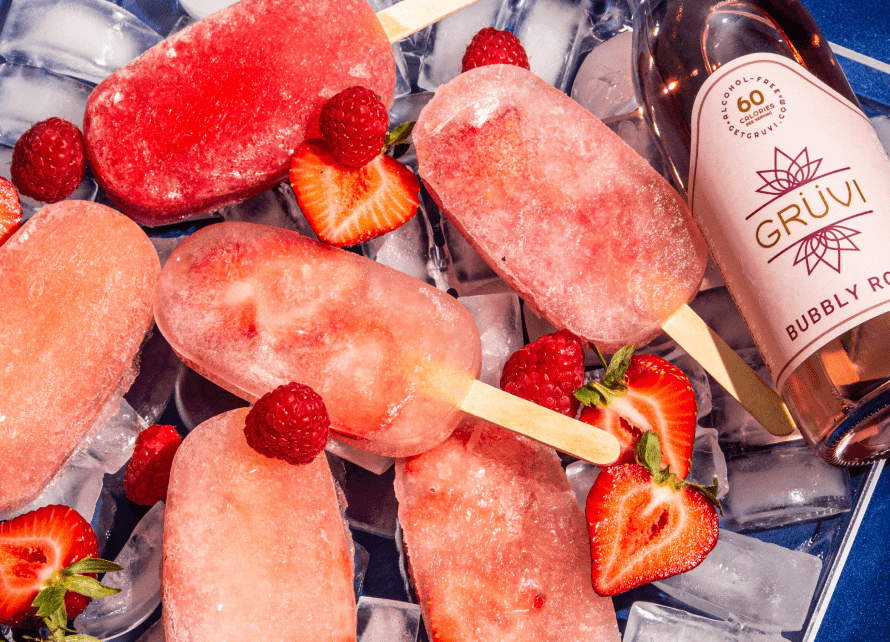Kelsey feels healthier and better about herself. She realized how easy it is to not need alcohol at all. I feel so great and thankful for each day without hangovers. I think our relationship has gotten even more intimate since giving up alcohol because we feel like we have more time together! No more time wasted being drunk and then hungover. Our relationship is stronger than ever.
What have either of you noticed about alcohol consumption within the LGBTQ+ community?
We have witnessed first hand that many within the LGBTQIA community are heavy drinkers! A lot of times people within the LGBTQIA community have been made to feel different and not accepted, and are struggling with their own identities, so they often turn to alcohol to cope. Or on the opposite side of that, Pride parades and celebrations are often times strongly associated with getting drunk as quickly as possible and staying that way the entire day.
Studies show that the rate of alcohol dependency in LGBTQ communities could be as high as 25% (compared to 5-10% of non-queer folks) - Do you see alcohol as a problem in your own community?
We are definitely not surprised by those numbers, and we are deeply saddened by them. We think there is a correlation in alcohol consumption with those who have had a really hard time coming out, feel isolated and unsupported by loved ones, and struggle with their mental health in addition. Alcohol is a scary thing because even we had to stop and say “wait, why haven’t we stopped drinking? Are we scared to? We don’t have a problem…do we?” Because we had talked about going sober so many times but hadn’t followed through. To be frank, we’d go as far as to say alcohol is a problem within every community.
It definitely seems like drinking and the LGBTQ community go hand in hand. How do you deal with this while living a sober lifestyle?
We are very motivated in our decision to go and remain sober for the rest of our lives. We are proud to represent being a sober, married, lesbian couple. Sober does not mean boring! We still go out (pre-COVID19) to bars and restaurants and parties with friends, but choose to drink mocktails!
Sometimes a place will have a specialty mocktail menu; other times we will ask the bartender to make us one and sometimes even give flavor profiles that we’d like in that moment (i.e. sour, sweet, bitter, spicy) and they’ll surprise us.
While at home, we now know how many non-alcoholic drink options there are out there like beers, prosecco, whiskey, gin, and even tequila. It’s so fun getting to experiment with making fun drinks, and it’s even more fun to make them for friends and family to show them how much fun being sober is.
What does pride mean to you both?
